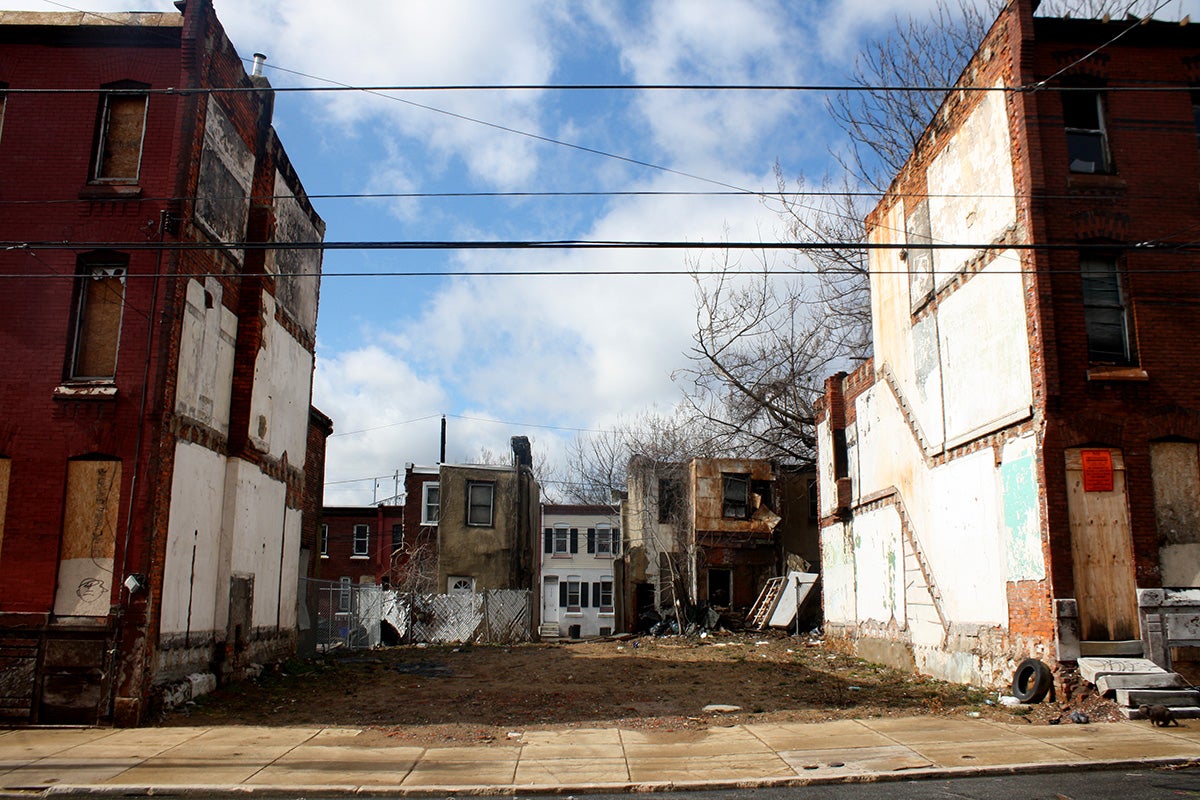Council Committee approves sales of property tax liens

City Council’s Committee on Finance recommended a bill Friday afternoon that would authorize the city to sell property tax liens to private collectors. The practice, which is common in some other municipalities, allows the city to collect tax debt it’s owed upfront from the lien purchaser, and authorizes the purchaser to collect additional interest on top of the tax bill. The legislation was introduced last spring by At-Large Councilman Bill Green.
In recommending the bill, the Committee also approved a number of amendments that would prohibit tax claims less than $1,000 from being transferred, cap attorney fees or professional services fees related to transfers at a rate no greater than $200 per hour, and cap the total cost of attorney fees or professional services fees for each transfer at $2,500.
The city actually already has the authority to sell tax liens. The power is granted by the state, which also caps the interest rate that can be added to the tax bill by the private collectors. The goal of Councilman Green’s legislation is to encourage the Nutter administration to pursue lien sales as a way to collect more tax revenue each year.
The practice has a mixed reputation. Cities that sell property tax liens tend to have higher tax collection rates than Philadelphia—though, so do many cities that don’t. While lien sales allow cities to keep delinquency rates low and collection rates high by selling the right to collect the debt, they can also subject tax debtors to aggressive private collection tactics and additional interest rates and fees, and reduce a government’s ability to keep some tax delinquents in their homes.
Philadelphia performed a bulk lien sale in the 1990s that ended badly, with the city defaulting on a bond repayment in 2004. The bill recommended by Council Committee on Friday is different, encouraging individual lien sales, though the specifics of the program would have to be worked out by the Revenue Department.
Beth McConnell, policy director for the Philadelphia Association of Community Development Corporations (PACDC), said the practice of selling tax liens raises three main concerns. First, McConnell said, it’s uncertain whether private collectors will have any more luck than the city when it comes to the hardest-to-collect tax bills. Second, the city could take a financial hit by outsourcing collection on the most-likely-to-pay properties. Finally, McConnell said, the city would have a harder time helping owner-occupants who want to pay their debts and stay in their homes if the tax liens belong to a private collector.
It was the latter concern, in particular, that caused Committee member Jannie Blackwell, the 3rd-District Councilwoman, to vote to disapprove the bill. She was the only member to do so. But she is not the only Council member who has expressed concerns about lien sales.
Councilwoman María Quiñones-Sánchez said that some properties in her 7th District still have “tangled titles” from the bulk lien sale in the 1990s. Sánchez, who has sponsored legislation that would create a Land Bank for Philadelphia, said the last thing she wants is more properties in distressed neighborhoods being owned by real estate holding companies. But she said she believes that owner-occupied homes are not the target of this legislation, and said that if the sales could be done “in consultation with District Council people,” it could be worthwhile.
“I think we’ve got to look at every option,” Sánchez said. “We need resources. The School District needs resources.”
Mayoral spokesman Mark McDonald said that, generally, the administration welcomes “the authority to use all the tools available to collect every real estate tax dollar.”
The bill will get at least one more reading in City Council before going up for a final vote.
WHYY is your source for fact-based, in-depth journalism and information. As a nonprofit organization, we rely on financial support from readers like you. Please give today.



